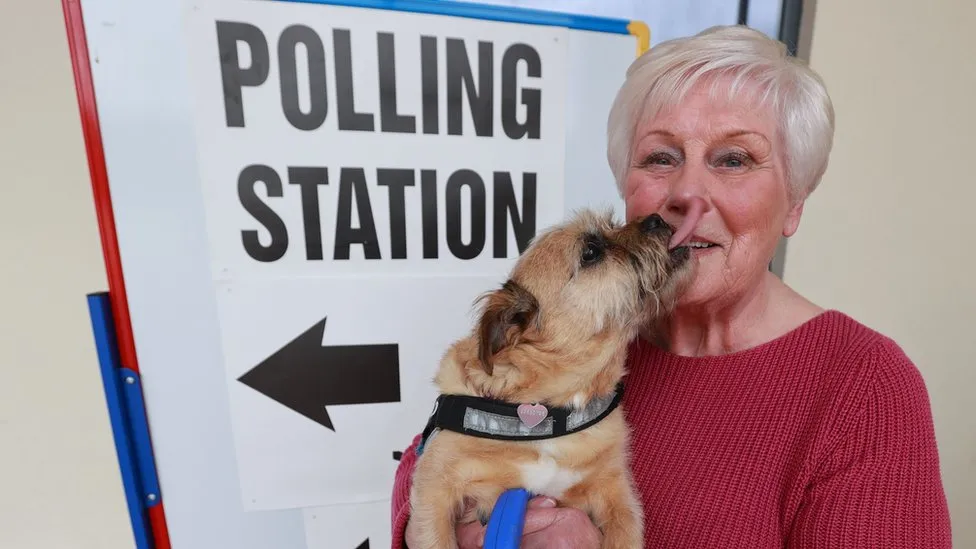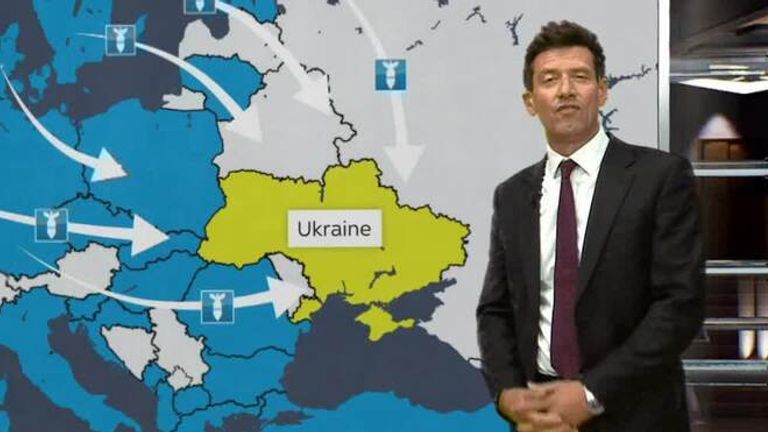NI council elections 2023: Vote counting has started
Counting is underway in Northern Ireland's council elections with the first results starting to come in.

Three councillors have so far been deemed elected in Lisburn and Castlereagh City Council.
Voters went to the polls on Thursday to decide who would represent them on the 11 councils.
A total of 1,305,553 people were eligible to vote, according to the Electoral Office for Northern Ireland.
The counting of votes in some council areas started at 08:00.
What do councils in NI do?
The final results are not expected to be confirmed until Saturday.
A total of 807 people are competing for 462 seats in council chambers across Northern Ireland.
The number was down from the 819 people who put their names forward for the last council elections in 2019.
Sinn Féin fielded the most candidates with 162, followed by the Democratic Unionist Party (DUP) with 152, the Alliance Party with 110, the Ulster Unionist Party (UUP) with 101 and the SDLP with 86.
Bar chart showing council seats defended by each party in Northern Ireland, Democratic Unionist Party 122, Sinn Fein 105, Ulster Unionist Party 75, Social Democratic and Labour Party 59, Alliance Party 53, Independents 24, Green Party 8, Traditional Unionist Voice 6, People Before Profit 5, Progressive Unionist Party 3, Aontu 1, Cross-Community Labour Alternative 1
The official turnout in 2019's council election, was 52%, when the DUP secured the highest number of seats.
The DUP, which is running 20 fewer candidates this year, hopes to save seats rather than gain new ones, analysts say.
The Alliance party saw the most gains in 2019's council elections - 21 extra seats. This year, the party put 110 candidates forward, its largest number to date.
The UUP was the biggest loser in the 2019 council elections, ceding many votes to the Alliance Party.
The SDLP hopes to retain its 59 seats from the 2019 elections, but predictions see the party losing out to Sinn Féin due to the DUP boycott.
-bbc







